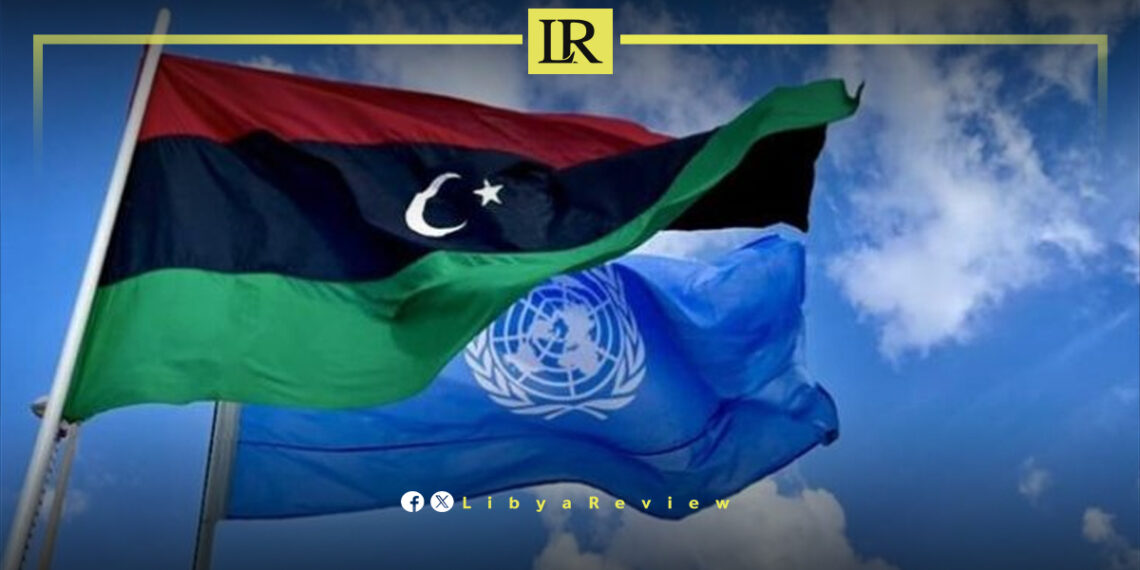On Tuesday, the United Nations Support Mission in Libya (UNSMIL) announced the formation of a 20-member Advisory Committee to help resolve political disputes blocking Libya’s long-delayed national elections.
This move is part of the UN’s broader strategy, presented to the UN Security Council on December 16, 2024, aimed at breaking Libya’s political deadlock and pushing forward the electoral process.
The committee will focus on finding workable legal and political solutions that can clear the way for national elections, which Libyans have been demanding for years.
According to UNSMIL, the committee’s main task is to develop practical proposals to resolve outstanding disagreements that have stalled elections, using Libya’s existing legal and political framework. This includes the Libyan Political Agreement, the Roadmap of the Libyan Political Dialogue Forum, and the 6+6 Electoral Laws.
The UN mission clarified that the Advisory Committee will not make final decisions but will provide technical recommendations to UNSMIL, which will then facilitate discussions among Libya’s political leaders.
The selection process for the 20 committee members focused on expertise in constitutional law, electoral systems, and political negotiations, as well as their ability to build consensus. The UN also ensured geographical representation, cultural diversity, and gender inclusion, with several women appointed to key roles.
The formation of this Advisory Committee is the latest attempt to break Libya’s long-standing political stalemate. Since the 2011 uprising that ousted Muammar Gaddafi, Libya has been deeply divided between rival political factions in the east and west, each with competing governments and armed forces. Multiple attempts to hold elections have failed, largely due to disagreements over the legal framework, security issues, and the lack of a unified electoral process. The UN has repeatedly pushed for elections as a way to restore legitimate governance and end years of instability. However, political leaders have failed to reach an agreement, leaving Libya in a state of political paralysis.
Despite the launch of the Advisory Committee, the success of this initiative depends on Libya’s political leaders engaging in good faith.


